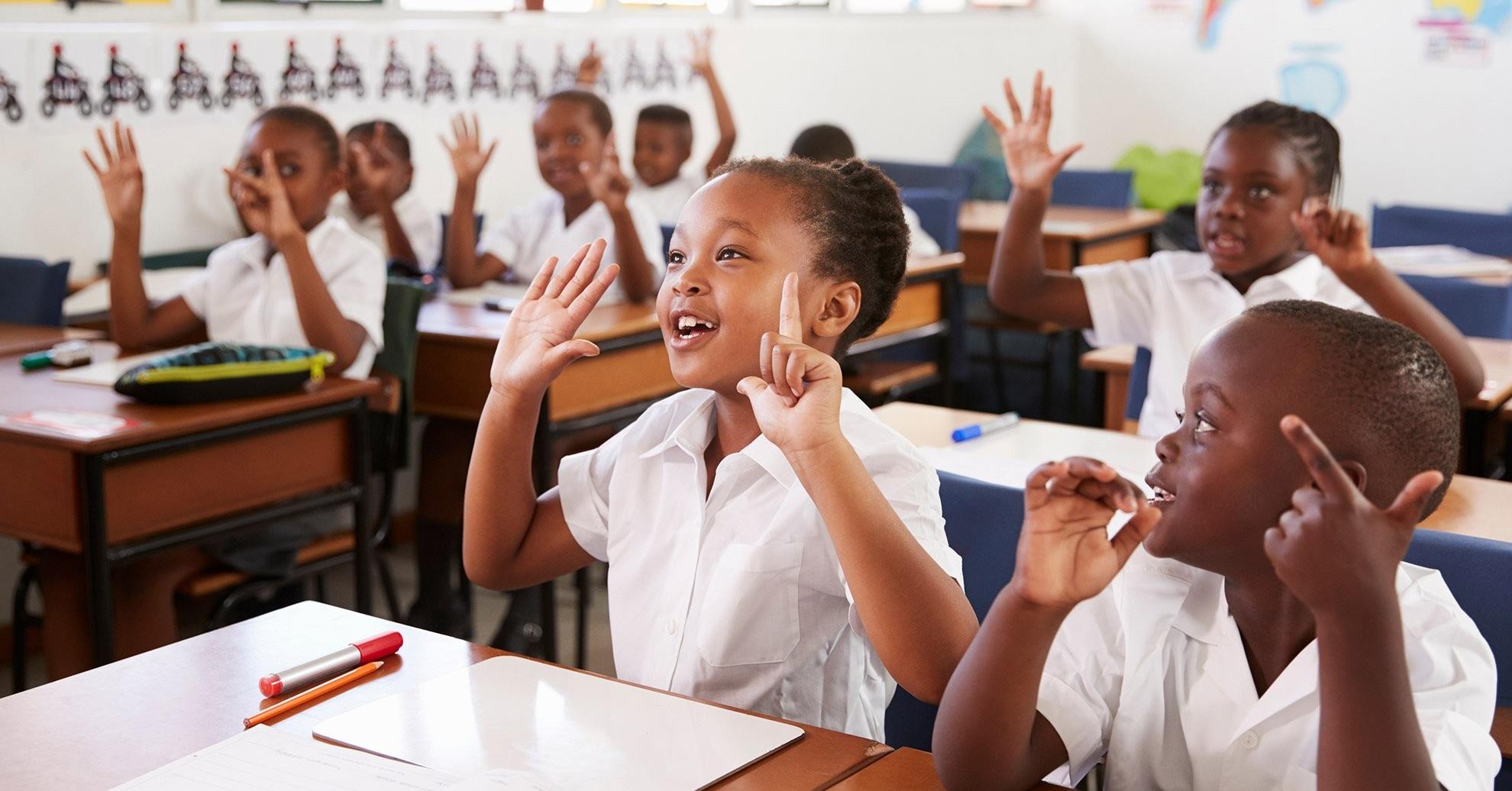Welcome, language enthusiasts. Whether you are a teacher or student or intrigued by the topic of language proficiency in the classroom, you have come to the right place. As our world becomes increasingly interconnected through technology and travel, the importance of nurturing language proficiency has become more prevalent. The ability to communicate effectively with individuals from different cultures is beneficial for personal growth and plays a significant role in global business and diplomacy.
This article will explore strategies for fostering language proficiency among students and discuss its impact on creating global connections. So grab a cup of coffee or tea, settle into your favorite reading spot, and get ready to dive into this exciting topic.
Designing Meaningful Language Learning Experiences
Effective language learning is about more than memorizing words and grammar rules. It requires a holistic approach encompassing cultural understanding, critical thinking, and active participation. As teachers, it’s essential to create meaningful language learning experiences that engage students in authentic communication.
One way to achieve this is by incorporating real-life scenarios into the classroom. It could involve role-playing activities where students must use the target language to navigate everyday situations. For example, ordering food in a restaurant or asking for directions in a foreign city. By doing so, students practice their language skills and develop cultural competence and empathy towards others. Find out more at https://www.speakinglatino.com/.
Leveraging Technology to Bring the World into Your Classroom
Technology has become a powerful tool for global connections in the digital age. With video conferencing and social media platforms, connecting with individuals from different parts of the world is easier than ever. As teachers, we can leverage these resources to introduce our students to new cultures and provide authentic language learning experiences.
For instance, instead of just reading about a country in a textbook, students can interact with students from that country in real time through virtual exchange programs. It exposes them to new perspectives and allows them to practice their language skills with native speakers.
Fostering Cultural Exchange Through Project-Based Learning
Project-based learning is an efficient approach to fostering language proficiency and cultivating global connections. By engaging in collaborative projects with students from diverse cultural backgrounds, learners gain insights into different cultures and enhance their language skills through meaningful interactions.
For instance, students can collaborate on creating captivating presentations or videos that vividly showcase the richness and diversity of their respective cultures. It offers them ample opportunities to practice their language skills and nurtures cross-cultural understanding, empathy, and the formation of lasting friendships.
Assessing Language Proficiency Beyond Tests
While traditional tests and exams can provide valuable insights into a student’s language proficiency, they may only partially capture their abilities in real-world language usage. It is crucial to incorporate a range of evaluation methods beyond mere written examinations to obtain a more accurate assessment. Educators can assess a student’s ability to apply language skills in authentic contexts by including practical tasks such as presentations, conversations, and debates.
Furthermore, engaging students in self-assessment and reflection activities can be highly beneficial. These activities encourage students to analyze their language capabilities, identify areas for improvement, and establish personal language learning goals. In doing so, students develop a sense of autonomy and take ownership of their language-learning journey, leading to enhanced motivation and progress.
Partnering with International Schools to Enrich Perspectives
Collaborating with international schools is another way to enrich students’ language learning experience and foster global connections. Through exchange programs or virtual partnerships, students can interact with peers from different countries, practice their language skills, and gain first-hand knowledge of other cultures.
Moreover, these partnerships also provide opportunities for teachers to share best practices and learn from each other. By exposing students to diverse perspectives, we can broaden their minds and create global citizens equipped with the skills necessary for success in our interconnected world.
Advocating for Language Immersion Among School Leadership
As educators, we must actively advocate for the implementation of language immersion programs among school leadership. These immersive programs offer students a unique opportunity to completely immerse themselves in the target language and its corresponding culture, facilitating an accelerated language acquisition process and fostering a deep cultural understanding.
By highlighting the numerous benefits of language immersion, such as improved academic performance, increased cultural competency, and expanded career opportunities, we can effectively influence decision-makers to prioritize and invest in comprehensive language education within schools. It will contribute to developing a more globally aware and interconnected generation of students with the skills and knowledge necessary to thrive in our increasingly connected world.
Guiding Students Toward Cultural Sensitivity and Global Citizenry
Incorporating global perspectives and cultural sensitivity into language learning improves language proficiency and nurtures global citizens’ development. As educators, we are responsible for guiding students toward becoming culturally sensitive individuals who can effectively navigate diverse environments.
Through authentic learning experiences, project-based learning, and exposure to different cultures and languages, we can instill in our students a deep appreciation for diversity and promote respect, open-mindedness, and global citizenship. By doing so, we enhance their language skills and prepare them to be successful members of our global society.





